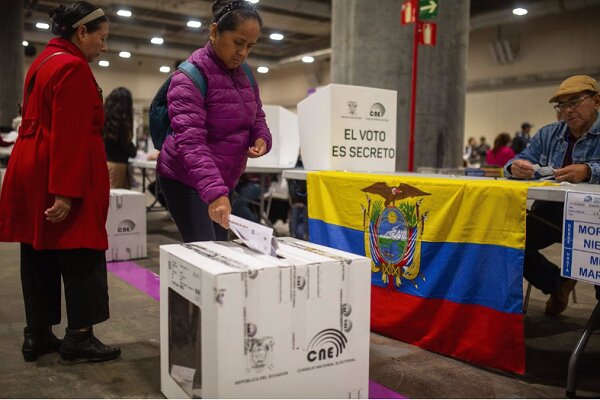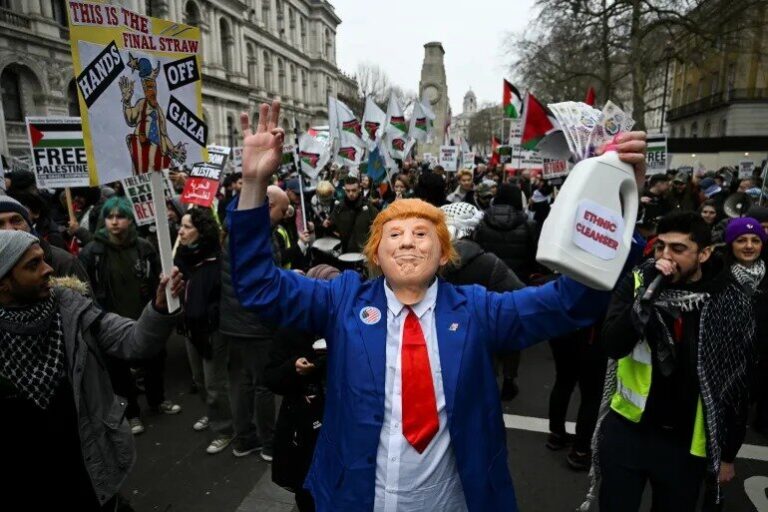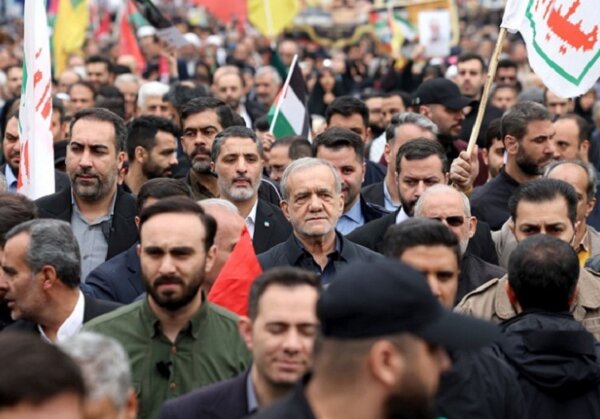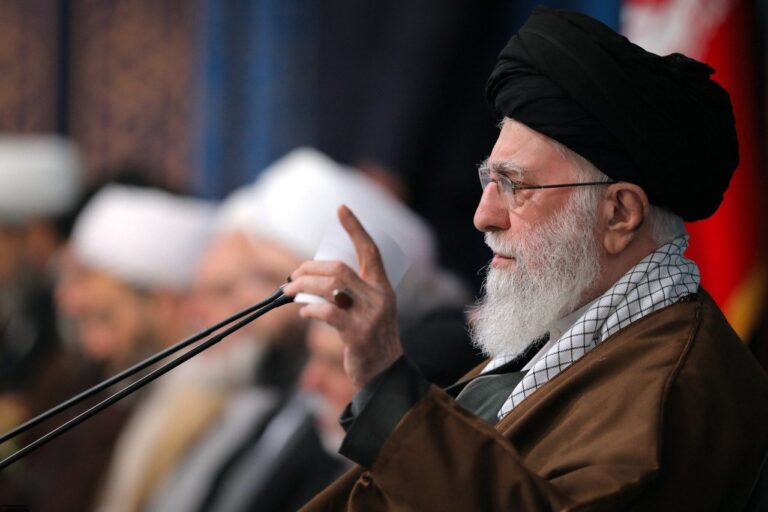Ecuador Gears Up for Crucial Presidential and Parliamentary Elections
On February 9, 2023, Ecuador is set to conduct a crucial electoral process, which will see citizens participating in both presidential and parliamentary elections. This significant event not only aims to elect the new head of state but also to fill the 151 legislative seats in the National Assembly. The importance of these elections cannot be overstated as they will shape the future political landscape of Ecuador.
The upcoming elections are a pivotal moment for Ecuador, as the nation seeks to address various pressing issues, including economic challenges and social reforms. Here’s what you need to know about the elections:
- Date of the Elections: The elections will be held on February 9, 2023.
- Positions to be Elected: Voters will elect the President of Ecuador along with 151 members of the National Assembly.
- Political Climate: The elections come at a time of significant political tension and public demand for change.
Ecuador’s political environment has been characterized by instability in recent years, leading to a heightened sense of urgency among voters. The citizens are looking for a leader who can effectively tackle issues such as crime, poverty, and corruption. As the election date approaches, candidates are ramping up their campaigns, focusing on key issues that resonate with the electorate.
In Ecuador, the electoral process is governed by the National Electoral Council (CNE), which ensures that elections are conducted fairly and transparently. This year, the CNE has implemented various measures to facilitate a smooth voting process, including enhanced voter registration systems and public awareness campaigns about the electoral procedures.
As part of the electoral process, candidates are required to present their platforms and vision for the future of Ecuador. This has led to a diverse array of proposals aimed at addressing the needs of the population. Here are some critical issues that candidates are focusing on:
- Economic Recovery: With the lingering effects of the pandemic, candidates are proposing plans to stimulate economic growth and create jobs.
- Healthcare Reform: Access to quality healthcare services has become a significant concern, with many candidates pledging to improve the health system.
- Security Measures: Crime rates have surged in recent years, prompting candidates to outline strategies for enhancing public safety.
- Education Initiatives: Improving the quality of education and access to learning resources is a priority for many running for office.
The candidates’ positions on these issues are critical as they will influence voter decisions. Furthermore, with the increasing use of social media, candidates are leveraging these platforms to engage with younger voters and communicate their messages more effectively.
Moreover, the role of international observers is significant in ensuring the integrity of the electoral process. Various organizations are expected to monitor the elections, providing an extra layer of accountability and transparency.
Voter Participation: Voter turnout is a crucial element in determining the success of the elections. The CNE is encouraging citizens to participate actively in the electoral process, highlighting the importance of every vote in shaping the future of Ecuador.
In addition to the presidential election, the National Assembly elections will play a vital role in shaping the legislative agenda. The new assembly will be responsible for addressing critical issues, including economic reform, social policies, and national security. The composition of the assembly will thus have a lasting impact on Ecuador’s governance and legislative direction.
As the election date draws near, the atmosphere in Ecuador is charged with anticipation. Voters are eager to make their voices heard, and candidates are working tirelessly to secure their support. The outcome of these elections will undoubtedly affect not only the political landscape of Ecuador but also its standing on the international stage.
In conclusion, the upcoming presidential and parliamentary elections in Ecuador on February 9, 2023, represent a fundamental opportunity for the nation to redefine its future. With pressing issues at the forefront of the electoral debate, it is essential for citizens to engage in the democratic process and choose leaders who will prioritize the needs of the population. As Ecuadorians prepare to cast their votes, the world watches closely, anticipating the direction this vibrant South American nation will take in the coming years.






